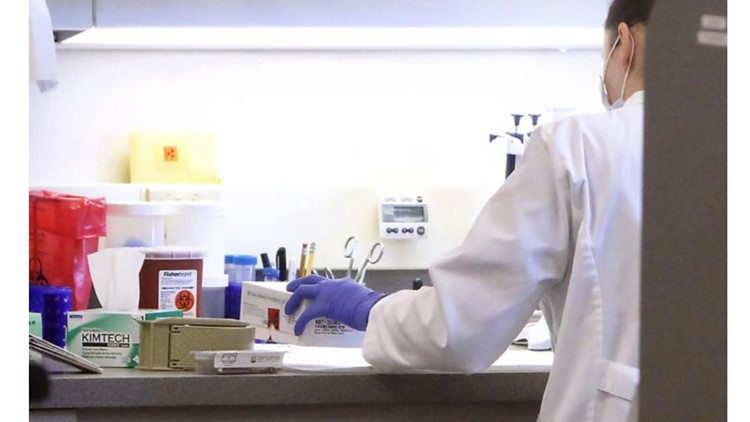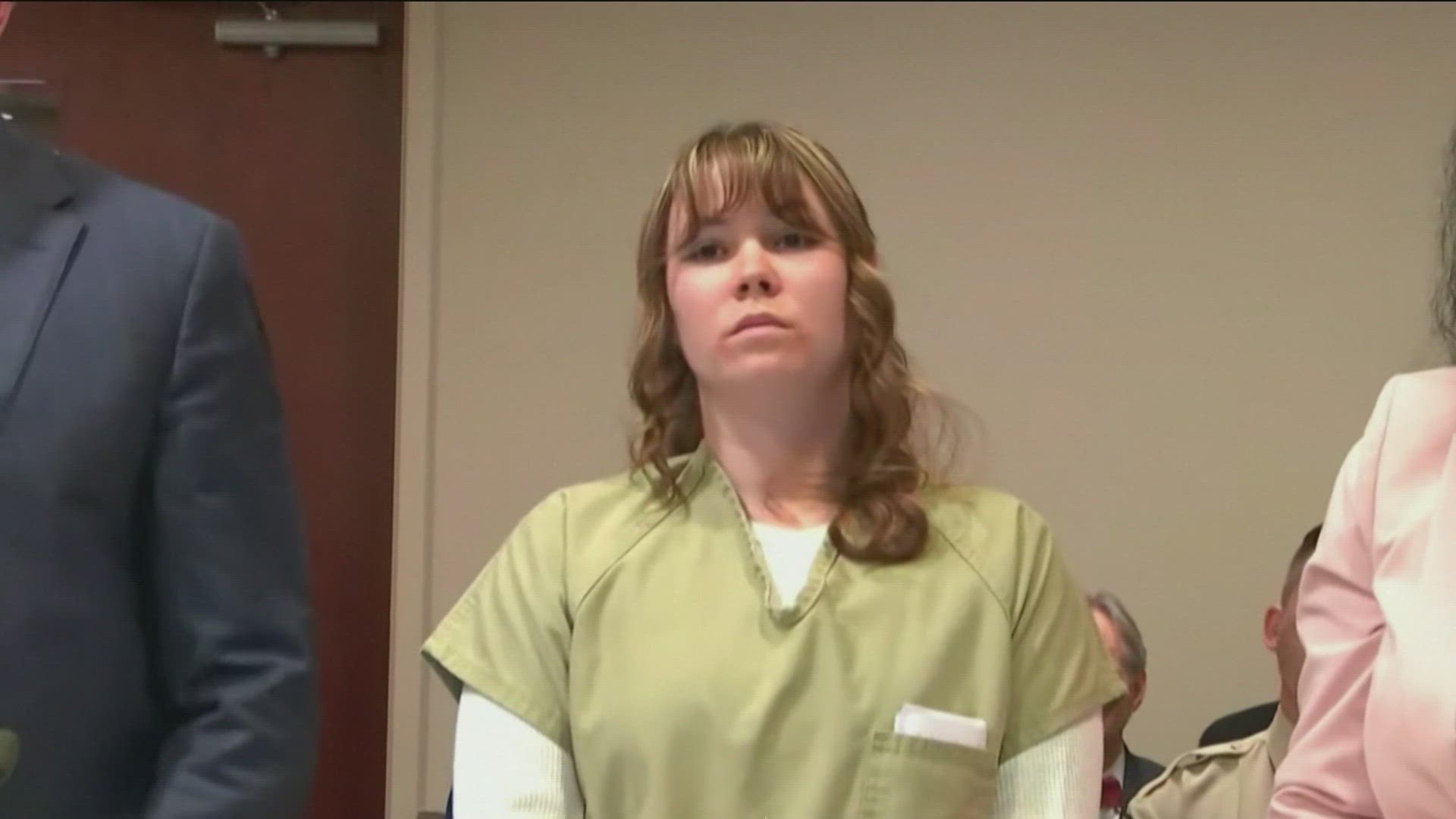MERIDIAN, Idaho — Editor’s note: This reporting describes sexual assault and may be triggering for some readers. This story ran originally in the Idaho Press.
Following her sexual assault, former University of Idaho student Joy said there was a blank spot in her memory for months. She didn’t take any photos of herself. She didn’t post on her social media. Joy thought it was something that could simply never happen to her, although one in every six American women will experience it, according to Rape Abuse and Incest National Network (RAINN), the Idaho Press reports.
Many of those survivors in Idaho marked a significant milestone Wednesday, when the state announced it had finally caught up with its sexual assault kits backlog after five years.
All sexual assault kits, which are used to collect DNA evidence from a survivor’s body after a sexual assault, previously had no minimum standards for processing and tracking. As of Wednesday, the kits have all been sent to labs for testing.
This hurdle was at last overcome following a 2015 Idaho Press investigation, which found only 10% of kits collected by Nampa Police were sent to the state lab for testing from 2010 to 2015.
“This is a major step in building trust among sexual assault survivors, for assisting law enforcement, and providing critical information to policymakers,” said Matthew Gamette, laboratory system director of Idaho State Police Forensic Services.
Joy, who asked to remain anonymous for this story, was attending U of I in 2019. She majored in public relations with plans to go to law school. In March of that year, she traveled with a group of friends to an event outside of Moscow, where U of I is located. She said she felt secure, surrounded by people she knew and felt safe with. She said her time at the event ended with her being sexually assaulted by an acquaintance she trusted at the time.
Joy chose not to report her sexual assault, and never has. More than 90% of women who are sexually assaulted on campus choose to not report, according to the National Sexual Violence Resource Center.
“I was so afraid of all the things that I had heard, all the horror stories that nothing was going to come of it. I kind of just wallowed in what happened to me instead of searching for something different,” Joy said. “Reporting is extremely situational.”
Joy said she tried to “de-escalate” what had happened in her mind. She said she made a million excuses, blaming herself and thinking she did something wrong.
“I was at that point in my life that I didn’t think that something like that would have happened to me,” she said.
When the assault happened, Joy said she was stunned. It happened so suddenly, she said, and she was unsure how the perpetrator would react if she stopped the assault.
“I kept theorizing what I could have done, and I felt like people wouldn’t believe me. And they also wouldn’t have believed that I didn’t try harder to stop it,” she said.
“I felt like if I did stop it, what next?” she said. “Even if I stopped this right now, is he going to be angry? What’s he going to have to say about me? You know, just in the moment, it was kind of like, let it happen and worry about it later.”
Joy is not alone in her experiences. Idaho now leads the nation in addressing this important issue — and can show survivors of assault the transparency of the kit tracking. The forensic lab provides monthly and annual reports to the Idaho Legislature regarding the status of sexual assault kit tracking and processing in the state, according to a press release from the Idaho State Police.
Idaho State Police Forensic Services have also trained medical providers in the state to assist sexual assault survivors and have helped coordinate teams intended to provide a comprehensive sexual assault response for the needs of survivors and Idaho’s criminal justice system, the press release said.
According to RAINN, DNA evidence is a critical factor in identifying, prosecuting, and convicting perpetrators.
Sen. Melissa Wintrow, D-Boise, spearheaded legislation to create tracking for backlogged sexual assault kits to let survivors track their kit through the system. In 2017, Wintrow again spearheaded legislation, but this time, to accurately preserve sexual assault evidence. In 2018, she began her work to fund the testing so it does not come out of a survivor’s pocket.
It all started when Wintrow was head of the women’s center at Boise State University 21 years ago, she said. A woman came into the center after being sexually assaulted and said she didn’t know where to go.
“At that moment, in the first week on the job out of sheer need, we started to develop programs and services for students who had been harmed through sexual or physical violence,” Wintrow said.
Wintrow said at one point, she met with a police chief in another Idaho city who showed her the large number of sexual assault kits to be tested, all sitting in a refrigerator.
“I paused, and I said, these boxes are people’s stories. These represent the trauma and the pain of individuals that we’re trying to help,” she said.
Wintrow is elated Idaho finished testing its last backlogged sexual assault kit – but she said there is still more work to be done to show survivors they matter, and bring them justice.
“This is one small fix to a system that hasn’t always taken survivors of sexual and domestic violence seriously,” Wintrow said.
After Joy’s assault, she felt like she couldn’t trust people, she said. She lost friends, and others didn’t take her seriously. She said she shut herself off to the rest of the world, because she knew it would be too much to handle – and she didn’t want her story to become a “horror” story she had heard so much about.
“Testing is a great thing to find assailants and help prosecute them, but when it takes years to find that evidence, that’s really all it can do,” she said. “A lot of survivors have gone on with their lives and processed their trauma already without the help of the legal system.”
Today, Joy said she still becomes somewhat triggered by news stories that mention assault.
“I’m trying to hide my own guilt of what happened to me,” she said. “I’m trying really hard to be optimistic about it. Because deep down, I know that it happens all the time.”
Watch more crime news:
See the latest Treasure Valley crime news in our YouTube playlist:



